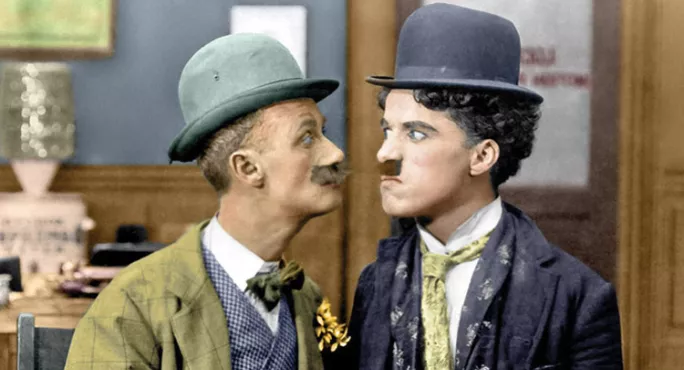I must confess to having a love-hate relationship with our noble profession. I love the job, and I love working with students and the colleagues who I see on a daily basis. However, there are times when I find the wider professional environment absolutely maddening.
The central charge I wish to lay at the door of teachers as a collective is simply this: I believe us to be the most passive-aggressive profession in the UK, and I think it’s time that we did something about it.
Passive-aggressiveness is a type of behaviour or personality characterised by indirect resistance to the demands of others and an avoidance of direct confrontation - something I seriously doubt I need to define for anyone who works with teenagers. And it is a characteristic that permeates education from a national level downwards.
No profession is more tinkered-with by outsiders than ours. Every government over the decades has had an array of new gimmicks. Be it the many national curricula, league-table fiddling, ever-changing teaching standards, Ofsted and its constantly evolving and contradictory definitions of outstanding schooling - you name it, we swallow it.
Curing all society’s ills
When we aren’t busy teaching, we are expected to almost single-handedly deal with each and every one of modern society’s ills: bad diet, alcohol abuse, road safety, poor mental health, knife crime, gun crime, female genital mutilation, social deprivation, climate change and stopping children joining Islamic State, to name but a few of the demands made on 21st-century schools.
So you’d think we’d put up a bit of a struggle when another new job is dumped in our laps. But we don’t. We are collectively browbeaten, time after time. Rather than fight these impositions each and every time, we simply invent a new policy or a new form to fill in to tick the box.
It’s understandable. In such a busy profession, sometimes it just feels easier to be passive-aggressive, and offer up a “watch me jump” response. The trouble with this is that, firstly, it takes up a lot of time and, secondly, it is turning us into a reactive profession.
In the current climate, school leaders have little choice but to be constantly reacting to the whims of government. This reactivity becomes a habit of mind over time. We develop tick-box, skin-deep practices for everything, as our lack of autonomy erodes our ability to sift through the unimportant to find the crucial. You see this most in those schools encircled by Ofsted - where the mission simply becomes “do as they say”, regardless of what is being demanded.
The right medicine
Contrast us with the legal or medical professions. They have strong collective values and powerful voices speaking up for them on the issues of pay and conditions. And, importantly, they defend the parameters and the values of their professions much more robustly.
Watching the junior doctors’ confrontation with the government has made many of us appreciate how important it is to have robust bodies - such as the British Medical Association - to defend our profession. Whether or not the current battle over weekend pay is won is not the point - the government will think twice about picking another fight with the nation’s doctors any time soon.
I think it’s time we created our own professional body: one that represents us nationally, offers training and advice, upholds standards and defends the profession from interference. I mean a bottom-up organisation owned and run by us. The legal and medical professions didn’t wait for government to foist some quango upon them - they organised themselves.
The new College of Teaching may prove to be the organisation that we need. But it is vital that it is shaped by the profession. It cannot be a puppet of governmental whims.
If teaching is to become less passive-aggressive and more autonomous, this is what we need. Respect and status are demanded - and defended - by the top professions. Autonomy is not given to people, it is taken by them: the sooner that the teaching profession realises this, the sooner that we can cut out the faff and get on with the day job.
Tom Finn-Kelcey is head of social sciences at Queen Elizabeth’s Grammar School in Faversham, Kent. He tweets as @TFinnKelcey
This is an edited version of an article in the 22 April edition of TES. Subscribers can read the full story here. To subscribe, click here. To download the digital edition, Android users can click here and iOS users can click here. TES magazine is available at all good newsagents.
Want to keep up with the latest education news and opinion? Follow TES on Twitter and like TES on Facebook




